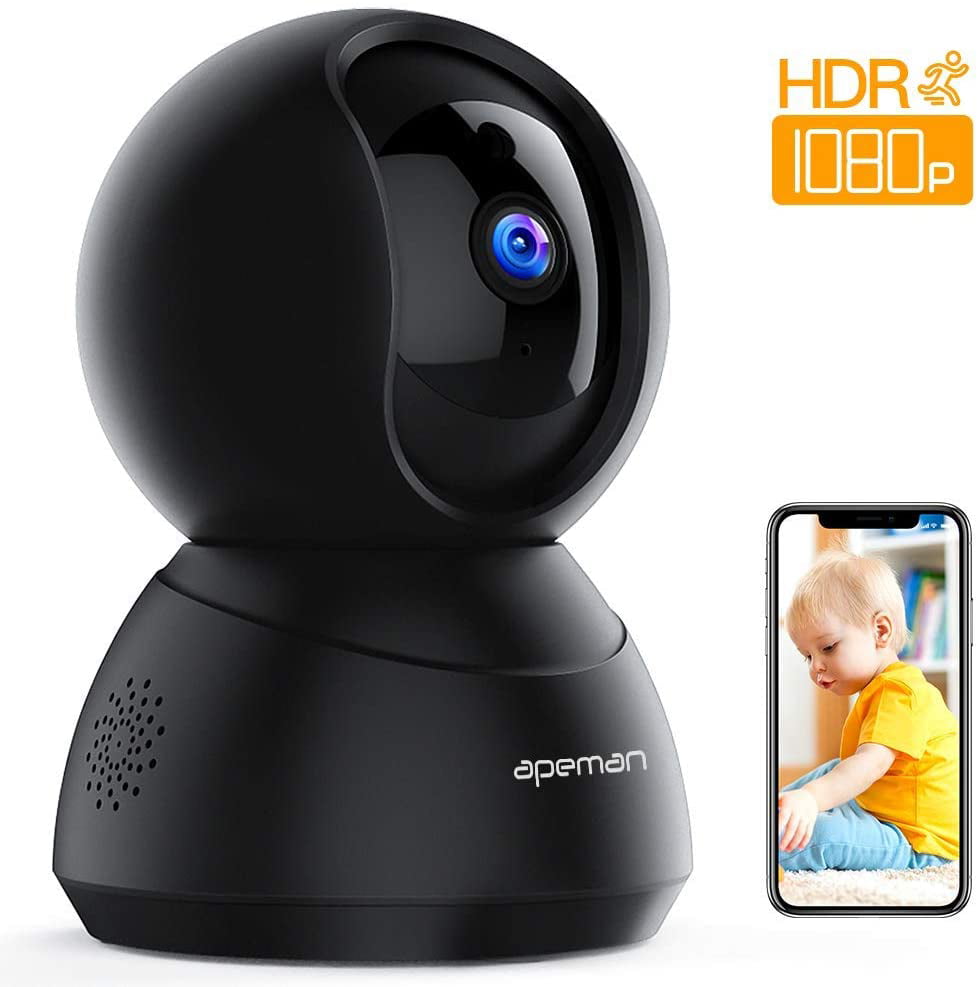

“When I say, ‘Hey, Alexa,’ the microphones are working together to find me in the room and listen to what I say next. “This is similar to how Alexa can always find my voice even if I’m playing a video or if there are multiple people talking in the room,” Gollakota said. Lead author Anran Wang sits with the smart speaker prototype (white box in foreground) the team used for the study. This algorithm combines signals from all of the smart speaker’s multiple microphones to identify the elusive heartbeat signal. The team designed what’s called a self-supervised machine learning algorithm, which learns on the fly instead of from a training set. Using the fact that smart speakers have multiple microphones, we designed a new beam-forming algorithm to help the speakers find heartbeats.” “And the breathing signal is not regular so it’s hard to simply filter it out. “The motion from someone’s breathing is orders of magnitude larger on the chest wall than the motion from heartbeats, so that poses a pretty big challenge,” said lead author Anran Wang, a doctoral student in the Allen School. Based on how the returned sound has changed, the system can isolate movements on the person - including the rise and fall of their chest as they breathe.

Then the system plays an inaudible continuous sound, which bounces off the person and then returns to the speaker. For this system, the search for heartbeats begins when a person sits within 1 to 2 feet in front of the smart speaker. The key to assessing heart rhythm lies in identifying the individual heartbeats. “Availability of a low-cost test that can be performed frequently and at the convenience of home can be a game-changer for certain patients in terms of early diagnosis and management.” Arun Sridhar, assistant professor of cardiology at the UW School of Medicine. Cardiac arrhythmias can cause major morbidities such as strokes, but can be highly unpredictable in occurrence, and thus difficult to diagnose,” said co-senior author Dr. “Heart rhythm disorders are actually more common than some other well-known heart conditions. Heart rate is the average of heartbeats over time, whereas a heart rhythm describes the pattern of heartbeats.įor example, if a person has a heart rate of 60 beats per minute, they could have a regular heart rhythm - one beat every second - or an irregular heart rhythm - beats are randomly scattered across that minute but they still average out to 60 beats per minute. While many people are familiar with the concept of a heart rate, doctors are more interested in the assessment of heart rhythm. The team’s smart speaker prototype, shown here, compares signals from its multiple microphones (visible through the holes of this box) to identify the elusive heartbeat signal. I wasn’t sure that it would be possible to detect them, so I was pleasantly surprised that our algorithms could identify irregular heartbeats during tests with cardiac patients.” “But irregular heartbeats are really challenging because there is no such pattern. Allen School of Computer Science & Engineering. “Regular heartbeats are easy enough to detect even if the signal is small, because you can look for a periodic pattern in the data,” said co-senior author Shyam Gollakota, a UW associate professor in the Paul G. The team published these findings March 9 in Communications Biology. When the researchers tested this system on healthy participants and hospitalized cardiac patients, the smart speaker detected heartbeats that closely matched the beats detected by standard heartbeat monitors. Because the heartbeat is such a tiny motion on the chest surface, the team’s system uses machine learning to help the smart speaker locate signals from both regular and irregular heartbeats. The system sends inaudible sounds from the speaker out into a room and, based on the way the sounds are reflected back to the speaker, it can identify and monitor individual heartbeats. UW researchers have developed a new skill for a smart speaker that for the first time monitors both regular and irregular heartbeats without physical contact.

For example, researchers at the University of Washington have shown that these devices can detect cardiac arrests or monitor babies breathing.īut what about tracking something even smaller: the minute motion of individual heartbeats in a person sitting in front of a smart speaker?

Smart speakers, such as Amazon Echo and Google Home, have proven adept at monitoring certain health care issues at home. Dan Nguyen, a clinical instructor at the UW School of Medicine, uses the team’s smart speaker prototype (white box in lower left corner) to demonstrate how the system works. UW researchers have developed a new skill for a smart speaker that acts as a contactless monitor for both regular and irregular heartbeats.


 0 kommentar(er)
0 kommentar(er)
